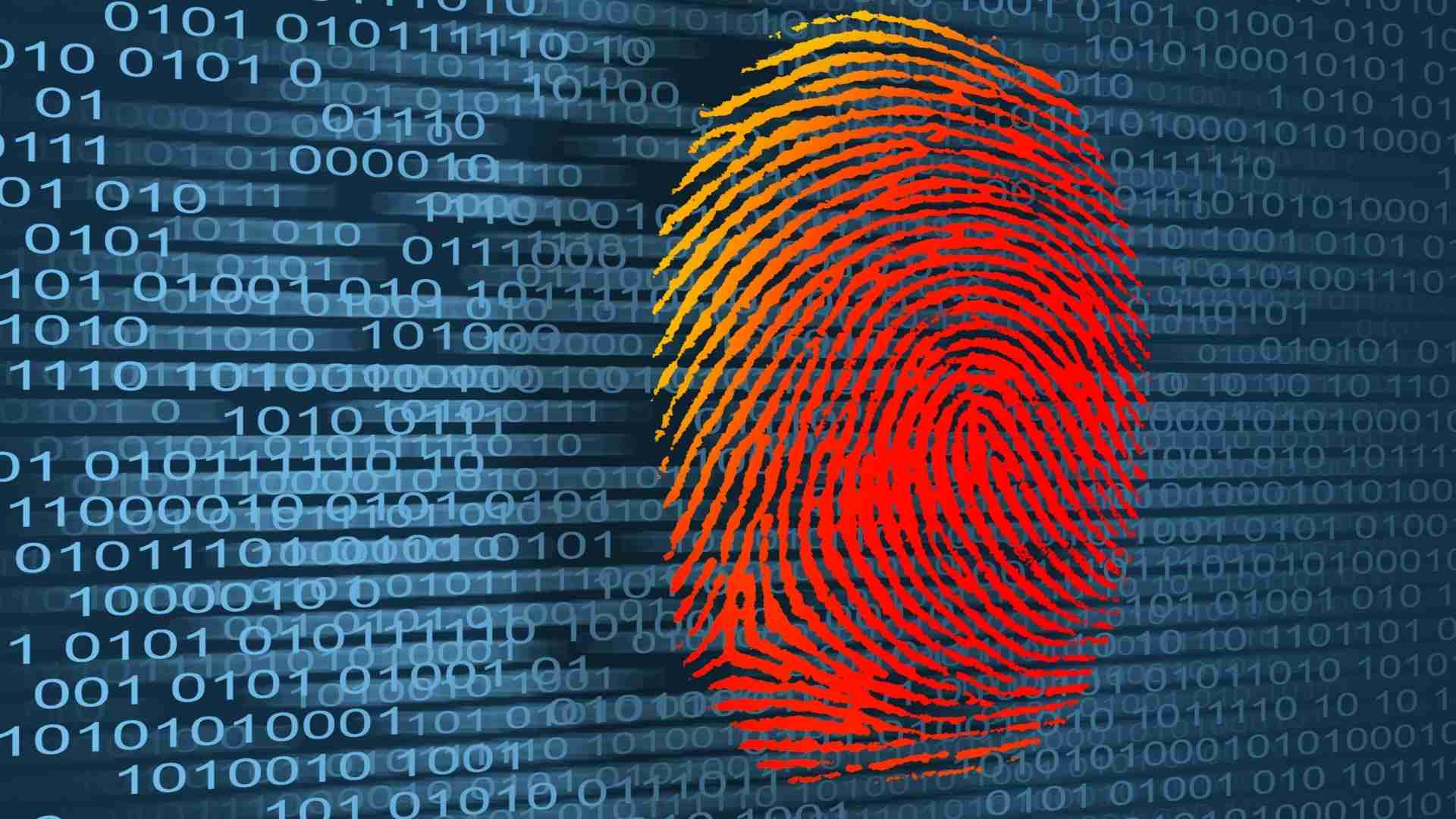What To Do If You Are A Victim of Identity Theft
If you think your identity has been stolen, manipulated or your data has been infiltrated then you must act now. It’s critical that you act quickly in order to minimise financial loss. Here are 8 steps to get you started promptly.
1. Report To The Police
The first step in suspecting identity theft is to report the cyber crime to the police immediately. If a scammer has infiltrated your network systems, or has successfully gained access to your sensitive information, then contact triple 000 or your local police department.
When reporting to the police, make sure to document the following:
- Date & time of the incident
- Contacts including names, titles, phone numbers, and extensions
- Financial information including credit/debit cards, BSB and account numbers or exposed invoices
- Any signs of network infections or malicious software (malware) used
- Any other information you identify about the scammer such as phone numbers, email, website address, or car registration plate number (to help with any investigations)
- Any other related information in reference to the crime
It’s also important to ask for a copy of the police report and the police report number related to the crime to provide to the bank.
2. Contact Your Financial Institution
Next step is to contact your bank and report the suspicious activity on your bank account. The banks can immediately investigate your bank statements & freeze all your accounts to stop cyber criminals from making any more fraudulent payments.
Some banks may have advanced security and fraud alerts in place to detect abnormal transactions or spend patterns. In addition, some banks have cyber security teams that can investigate suspicious transactions and activity that took place across your accounts.
3. Contact Representatives & IT Teams
According to your organisation’s anti-fraud policy, all executives must communicate inline with the organisation’s stance and processes on fraud and how it should be dealt with. In the immediate aftermath of identity theft, departments must follow company protocols ensuring the right decisions are made.
For instance, urgently consulting with the CEO, director and IT professionals is essential in de-escalating the fallout of identity fraud. Your IT team can investigate how the cyber crime was orchestrated, whether any financial accounts are compromised, and examine any server logs to pinpoint the source of the attack.
4. Reviewing A Copy Of Your Credit Report
One way to identify identity fraud is to review your credit history for any incorrect balances or errors. If a fraudster has opened an account in your name, or made fraudulent transactions, then you should immediately dispute it with a credit report agency.
Usually, when individuals or businesses fall victim to identity theft, their credit scores are negatively impacted. Organisations can also place a security freeze on their credit reports if they suspect suspicious activity or request to block or remove fraudulent debts.
Requesting a credit report is a free service and straightforward. Below are several credit report agency hotlines to request your credit report:




